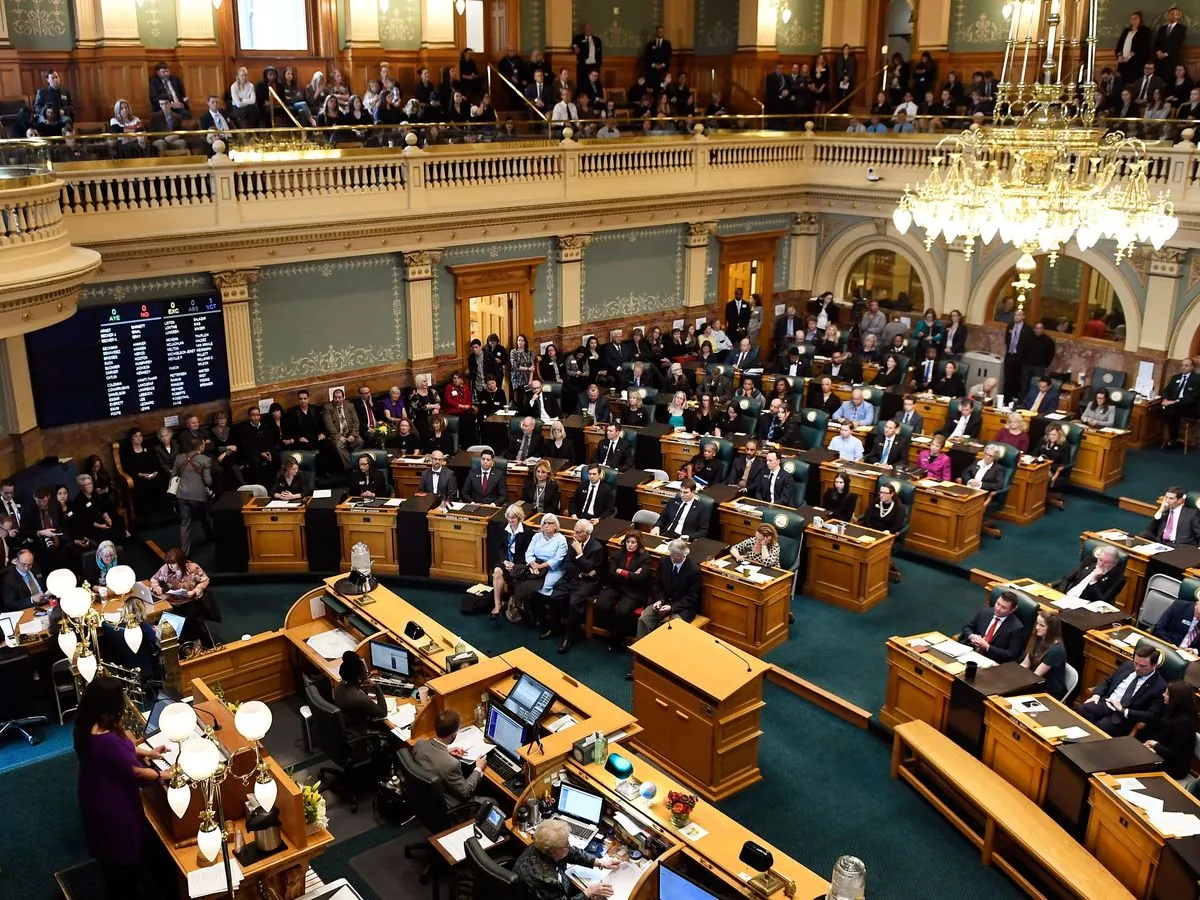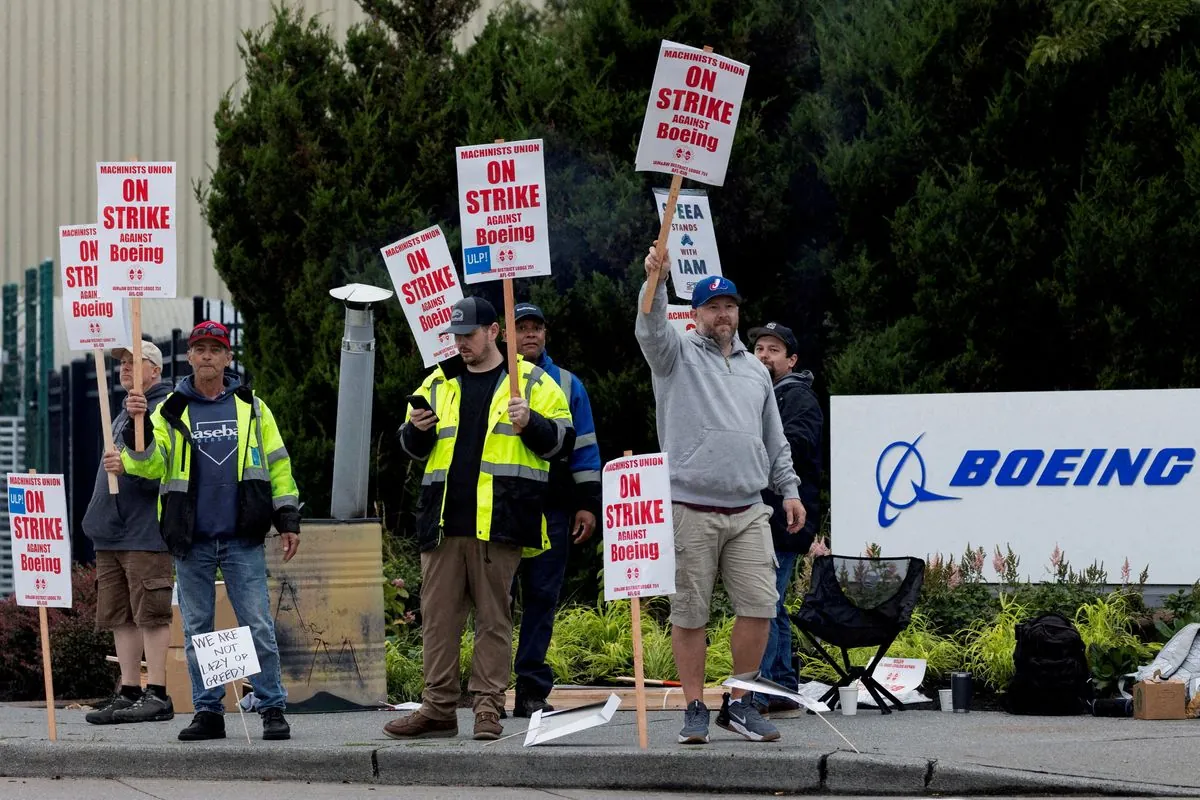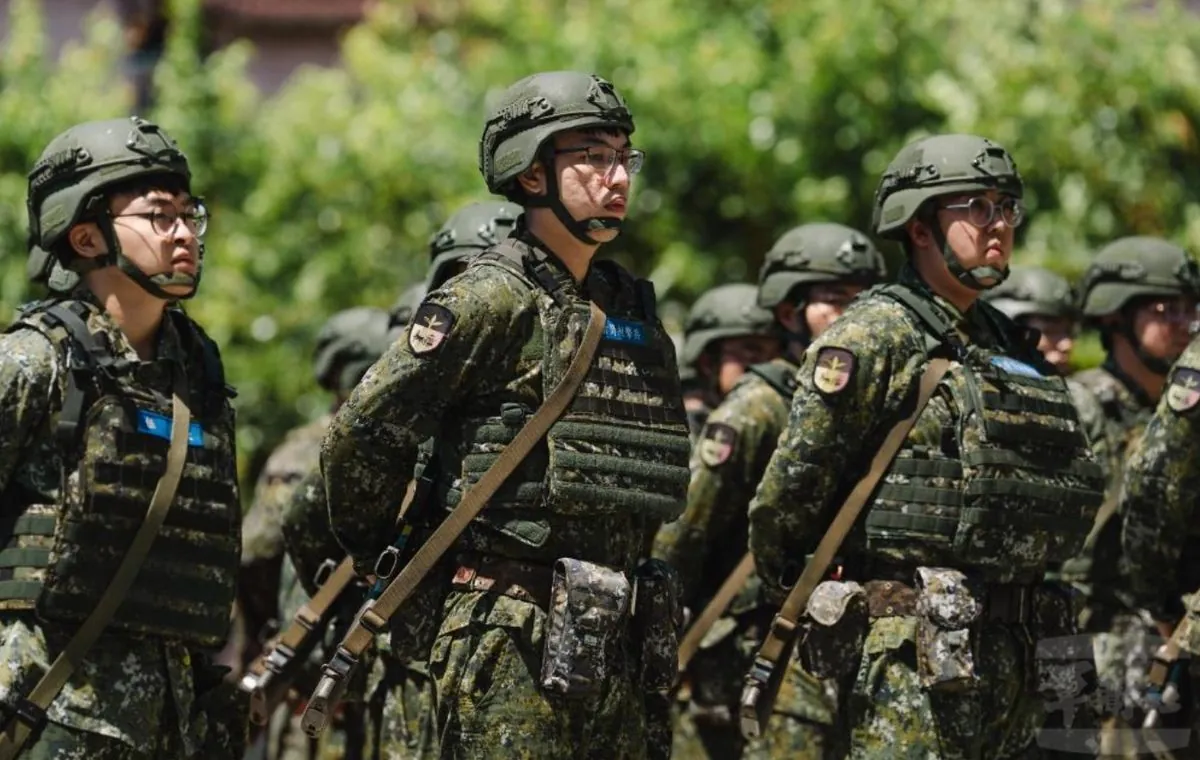Chaos Engulfs US Election: Floods, Wars, and Economic Shifts Shape Campaign
Multiple crises, including flooding, Middle East conflict, and economic fluctuations, are influencing the US presidential race. Candidates scramble to respond as Election Day approaches, with unexpected events shaping voter perceptions.
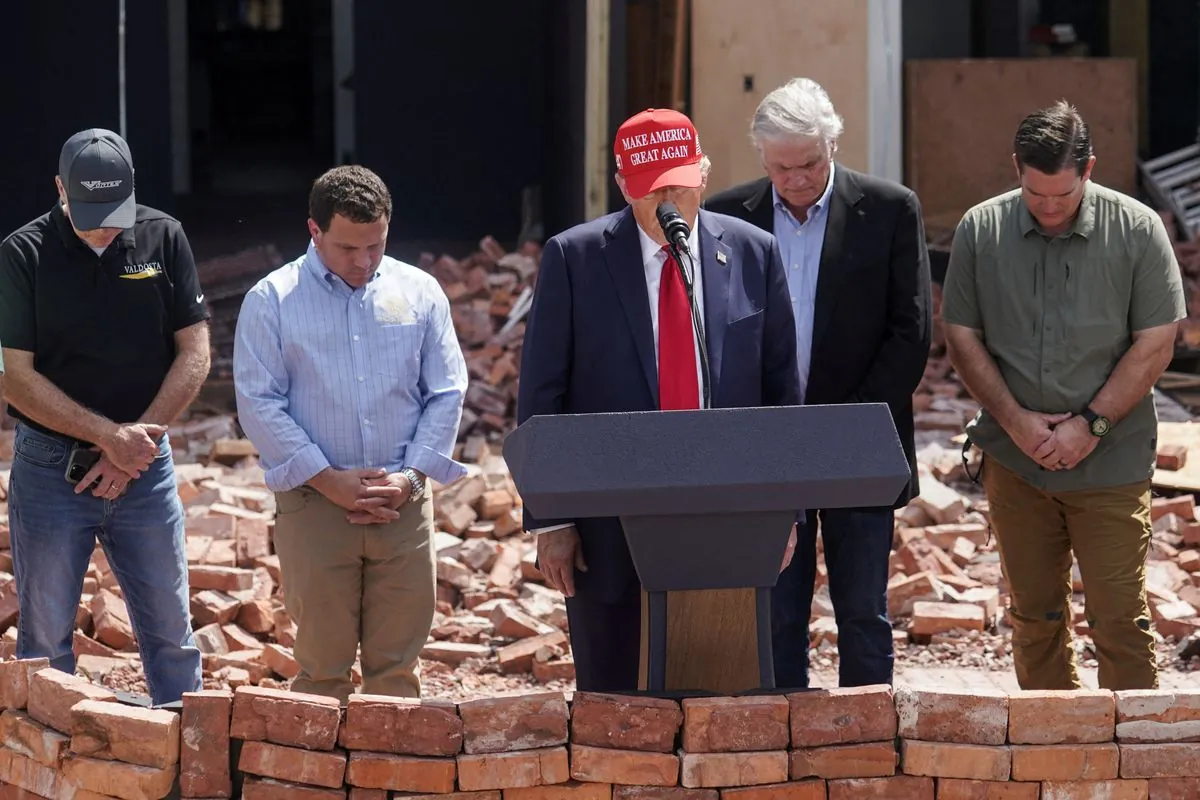
As the United States approaches Election Day on November 5, 2024, a series of unexpected events has injected fresh volatility into an already tumultuous campaign season. With just over four weeks remaining, both sides are seeking to capitalize on the unfolding chaos that has gripped the nation and the world.
The Southeast region has been devastated by severe flooding, disrupting power and water supplies in large areas. This natural disaster could potentially impact voting in affected states, adding an element of uncertainty to the electoral process. The International Longshoremen's Association, founded in 1892, briefly shut down ports along the East and Gulf Coasts, causing concern among Democrats about potential economic repercussions.
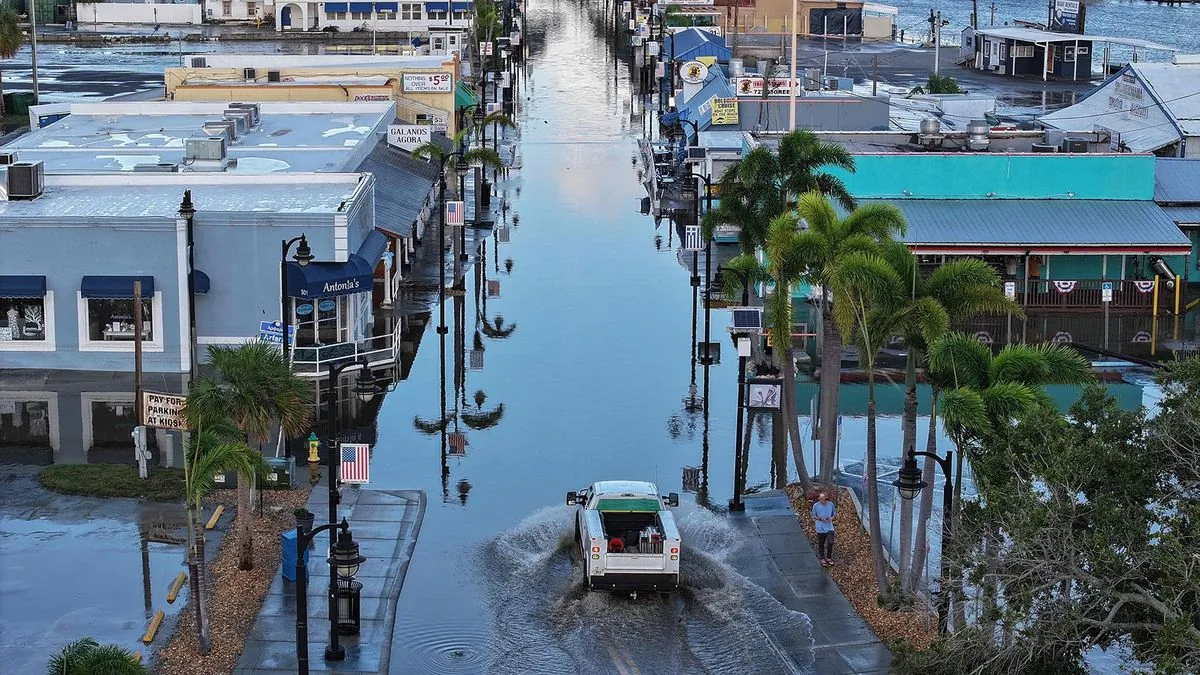
Internationally, the Middle East teeters on the brink of a regional war, with bombs and assassinations escalating tensions. October 7, 2024, marks one year since the Hamas attack on Israel, which triggered a prolonged conflict that has had far-reaching consequences.
These events echo the concept of "October surprises," a term coined in 1980 by a Ronald Reagan campaign operative. Throughout history, last-minute developments have often influenced presidential elections. For instance, Hurricane Sandy in 2012 limited campaigning in certain states and allowed Barack Obama to showcase his leadership skills.
"We're dealing with imponderables here. Given that the race is so close, public reaction in parts of seven battleground states could have real consequences for the outcome of the election."
The current crises have already affected campaign strategies. Vice President Kamala Harris has adjusted her schedule to respond to the flooding and international events. She has utilized Air Force Two, typically a Boeing C-32, to travel to affected areas and showcase her crisis management skills. The vice presidential seal, created in 1948, has been prominently displayed during these visits.
Harris has been actively involved in crisis response, spending time in the White House Situation Room, established in 1961 under President John F. Kennedy. She has also visited storm-damaged areas and coordinated with the Federal Emergency Management Agency (FEMA), which was created in 1979.
Meanwhile, former President Donald Trump has criticized the administration's response to the hurricane and other crises. He has visited affected areas in Georgia, attempting to capitalize on the situation politically.
The economic landscape has also played a significant role in the campaign. The U.S. has experienced 47 recessions since 1790, and economic stability remains a key concern for voters. A recent job report showed 254,000 jobs added in September, with unemployment dropping to 4.1%, providing a potential boost to the incumbent administration.
As the first woman to be nominated for vice president by a major party since Geraldine Ferraro in 1984, Harris faces unique challenges and opportunities in navigating these crises. The modern primary system, which began taking shape in the 1970s, has produced a highly competitive and unpredictable electoral landscape.
With the U.S. Electoral College system, established by the Constitution in 1787, still in place, the impact of these events on battleground states could prove crucial. The concept of "battleground states" became prominent in the 1960s, coinciding with the first televised presidential debate between John F. Kennedy and Richard Nixon.
As Election Day approaches, both campaigns are working to ensure that voters in affected areas can cast their ballots. The outcome of this election, shaped by unprecedented challenges, will add another chapter to the complex history of American democracy.
































